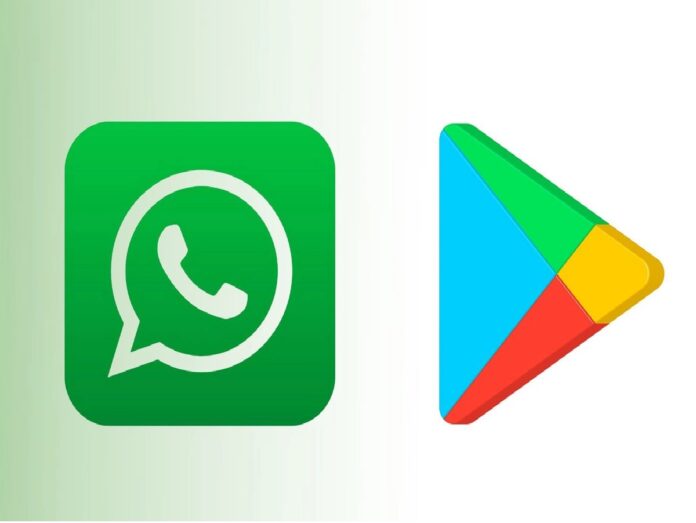Iran lifts ban on WhatsApp and Google Play, signaling a significant shift in the country’s stringent internet policies. This move, reported by Iranian state media, comes after years of severe restrictions that placed Tehran among the world’s most internet-censored nations. The announcement was made during a meeting chaired by President Masoud Pezeshkian, with officials describing it as the “first step” toward loosening internet limitations.
Tehran’s Struggle With Internet Freedom
Iran has long maintained strict internet controls, blocking platforms like Facebook, X (formerly Twitter), and YouTube. Despite this, tech-savvy Iranians routinely bypass these restrictions using Virtual Private Networks (VPNs), demonstrating the population’s resilience against censorship. According to the official IRNA news agency, a majority vote supported the removal of restrictions on popular platforms such as WhatsApp and Google Play, reflecting a potential policy shift under President Pezeshkian’s administration.
Sattar Hashemi, Iran’s minister of information and communications technology, described the decision as a step toward modernization, stating, “Today, the first step in removing internet limitations has been taken.”
The Role Of Big Tech And Global Advocacy
The issue of internet censorship in Iran has drawn international attention. In September, the United States called on major technology companies to support Iranians in circumventing these restrictions. Big Tech’s role in empowering free speech and enabling access to information has been pivotal, especially in countries with strict censorship laws like Iran. Social media platforms have also played a critical role in anti-government protests, amplifying voices that the regime seeks to silence.
Hijab Law Controversy And Political Implications
Simultaneously, Iran paused the implementation of a stricter hijab law that would have imposed harsher penalties on women refusing to wear the hijab and on businesses serving them. Approved by the Iranian parliament in September 2023, the law was shelved following discussions led by Vice President Shahram Dabiri.
According to Dabiri, “This law will not be referred to the government by the parliament for now.” If passed, the president would have been required to endorse the bill within five days, leaving minimal room for negotiation. This move is seen as part of President Pezeshkian’s broader strategy to restart talks with Western nations concerning sanctions linked to Iran’s nuclear program.
Historical Context Of Internet Censorship In Iran
Iran’s internet censorship dates back decades, rooted in the regime’s efforts to control public discourse and limit exposure to foreign influences. Over time, this policy has intensified, with platforms like WhatsApp and Google Play becoming symbols of restricted freedom. The latest decision to lift the ban is seen as a calculated step toward easing public discontent, especially following recent protests and global criticism.
Future Prospects For Digital Freedom
While lifting the ban on WhatsApp and Google Play marks progress, the road ahead for digital freedom in Iran remains uncertain. Experts believe the move could serve as a precursor to broader reforms, though it remains tied to political negotiations and internal power dynamics. The ultimate decision-making power lies with Supreme Leader Ayatollah Ali Khamenei, who has the authority to shape the nation’s digital policies.
Iran’s cautious approach reflects its balancing act between maintaining control and addressing growing public and international pressure. Whether these changes signify a genuine shift or a temporary concession remains to be seen.

